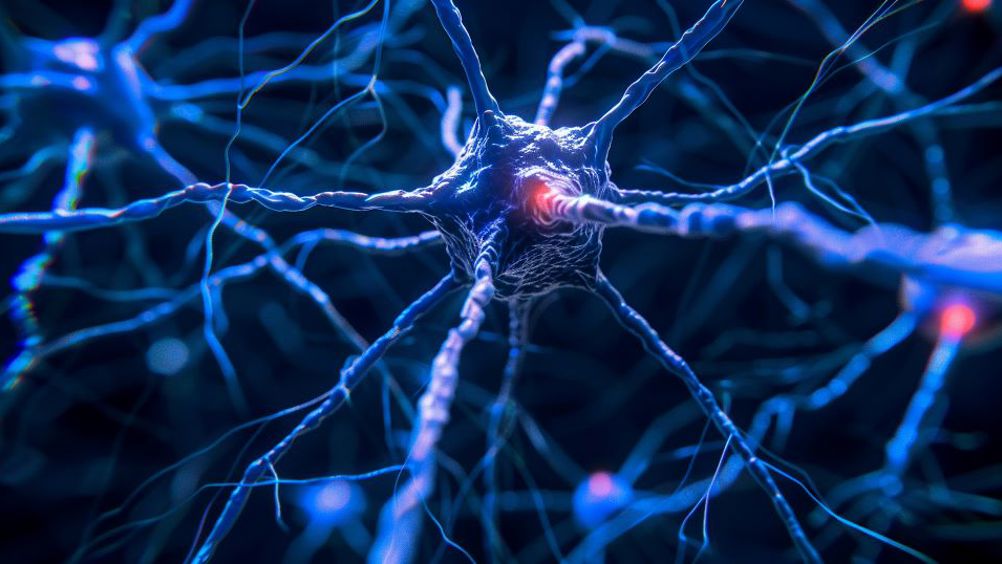A Leap in Enhancing Patient Care


Summary: Healthcare is under a technological renaissance with the advent of AI-powered emotion recognition systems. This innovation is particularly promising for ameliorating patient interactions, as it allows healthcare providers to gauge and address patients’ emotional states through advanced analysis of facial expressions and vocal nuances.
The healthcare industry has welcomed a transformative tool: artificial intelligence (AI) emotion recognition technology. This novel approach is adept at providing healthcare professionals with deep insights into patients’ emotional states, signaling a shift from conventional diagnostic methods.
The creators, Venkateswara naidu and Srikanthreddy, have developed an emotion recognition technology that relies heavily on computer vision, AI, and biometric feedback, making it possible for caregivers to perceive and act upon patients’ feelings in the moment. This marks a considerable advantage over traditional patient care methodologies.
Among its benefits, the technology is lauded for its ability to create a more compassionate healthcare environment. It translates into more effective patient care strategies, potentially diminishing the occurrence of negative health incidents, cutting down on hospital readmissions, and curbing superfluous medical service usage.
Without imposing financial burdens, this AI tool allows clinics and hospitals to allocate resources judiciously while fostering innovation. The technology signifies a progressive step for the sector, promising a fusion of high-tech solutions with humanistic care, aiming for outcomes that promote overall patient wellness and satisfaction. It is a harbinger for a more responsive and human-centric healthcare system.
The Emergence of AI Emotion Recognition in Healthcare
The healthcare industry is currently experiencing a technological revolution with the integration of Artificial Intelligence (AI) in various domains, from diagnostics to patient engagement and monitoring. One of the cutting-edge advancements is the implementation of AI-powered emotion recognition systems. These systems embody a progressive combination of computer vision, machine learning, and advanced signal processing, which synergistically work to interpret human emotions by analyzing facial expressions and vocal patterns.
The market for emotion recognition technology is poised for significant growth. Market forecasts suggest a robust trajectory, driven by the rising demand for enhanced customer service and advanced surveillance systems, as well as a growth in AI adoption across various sectors, including healthcare. The integration of such systems ensures a more nuanced human-machine interaction that holds individuals’ emotional states at the core.
Enhancing Patient Care with AI Technology
In healthcare, emotion recognition has substantial implications. By tapping into verbal and non-verbal cues, healthcare providers can identify distress, anxiety, pain, or discomfort that might not be easily articulated by patients. This real-time assessment can lead to immediate interventions and a more personalized approach to care, which is vital for patient outcomes.
Despite the promising future, several issues associated with the adoption of AI emotion recognition in healthcare must not be overlooked. Privacy concerns are at the forefront as the technology requires the processing of sensitive personal data. Moreover, the accuracy of emotional analysis across different cultures and demographic groups remains a challenge for AI developers, necessitating continuous improvement and ethical considerations in the design and implementation of these systems.
Nevertheless, the potential of emotion recognition technology to transform patient care cannot be overstated. By reducing readmission rates and unnecessary medical procedures, it presents an opportunity for cost savings and improved operational efficiency within healthcare facilities. These aspects resonate with the industry’s move towards precision medicine and value-based care, where patient outcomes and satisfaction are paramount.
To learn more about the impact of AI in the healthcare industry and explore the latest advancements, visiting the main domains of notable healthcare technology institutes or AI research organizations can provide a wealth of information. Suitable and credible links to explore would include institutes like The National Institute of Health (NIH) or global tech giants that are pioneering AI research like Google AI (Google AI).
Emotion recognition technology in the healthcare sector exemplifies a harmony between technology and compassionate care, shaping a future where healthcare is not just clinically effective but also emotionally intelligent. It is set to redefine therapeutic interactions, paving the path for a more empathetic, efficient, and holistic healthcare ecosystem.

Roman Perkowski is a distinguished name in the field of space exploration technology, specifically known for his work on propulsion systems for interplanetary travel. His innovative research and designs have been crucial in advancing the efficiency and reliability of spacecraft engines. Perkowski’s contributions are particularly significant in the development of sustainable and powerful propulsion methods, which are vital for long-duration space missions. His work not only pushes the boundaries of current space travel capabilities but also inspires future generations of scientists and engineers in the quest to explore the far reaches of our solar system and beyond.
link






